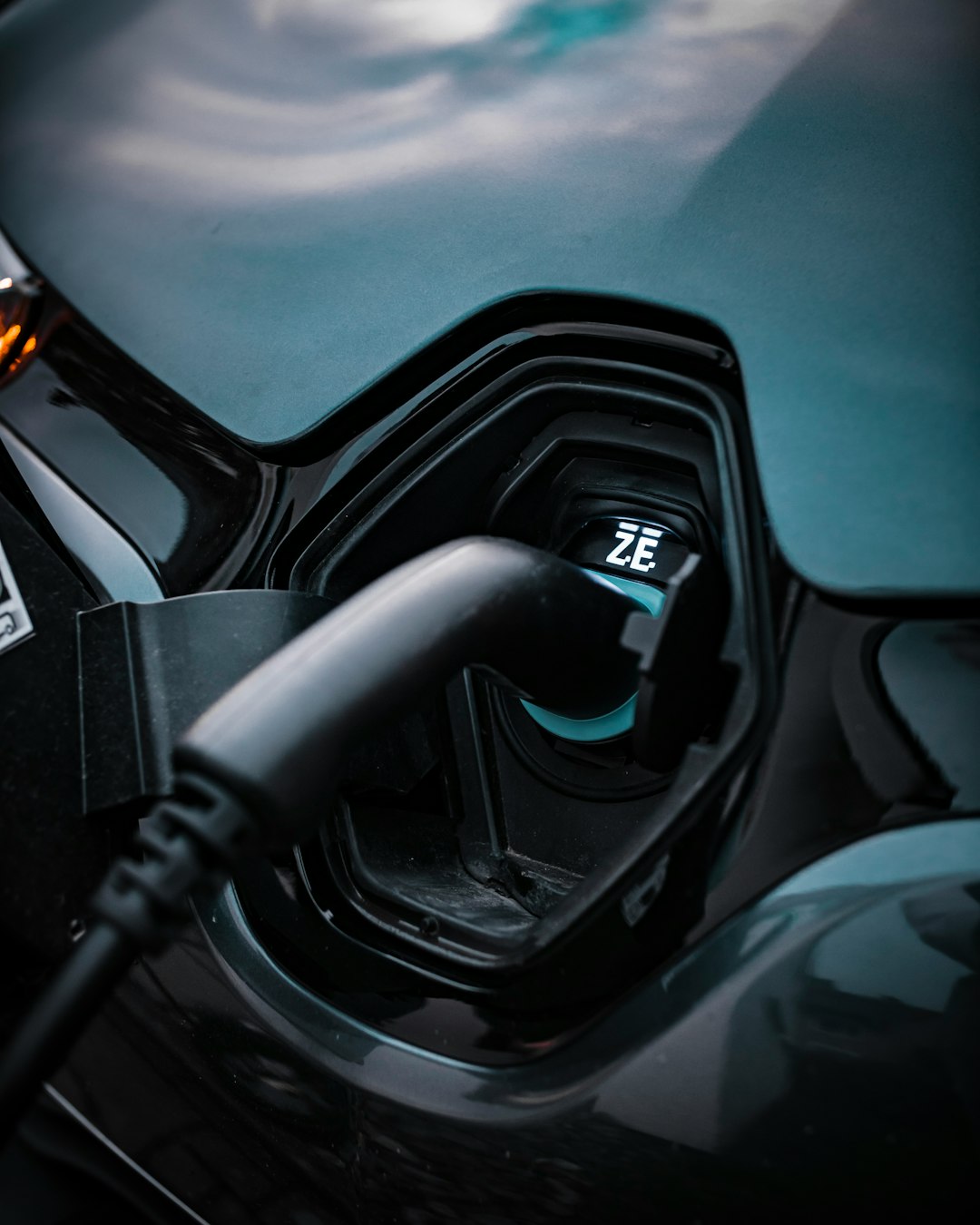As cities around the world race to reduce their carbon footprints, electric vehicles (EVs) are becoming an integral part of urban mobility solutions. A significant leap in this green transition is the emergence of smart charging hubs, which are reshaping how urban centers accommodate the growing number of EVs. In 2023, these innovative hubs are not only facilitating faster and more efficient charging but also playing a vital role in encouraging widespread EV adoption. This article will explore how smart charging hubs work, their benefits, and how they are transforming urban landscapes for a cleaner future.
The Rise of Smart Charging Hubs
What Are Smart Charging Hubs?
Smart charging hubs are strategically located clusters of charging stations, equipped with advanced technology to optimize the charging process. Unlike traditional charging points, these hubs use sophisticated algorithms and energy management systems to balance the grid load, reduce waiting times, and enhance user experience. According to a report by Bloomberg Green, the number of smart charging hubs in major cities has increased by 35% in the past year alone.
- Key Features of Smart Charging Hubs:
- Real-time data analysis to manage energy usage
- Integration with renewable energy sources
- User-friendly apps for booking and payment
- Compatibility with multiple EV models
Why Are They Important for Urban EV Adoption?
The convenience and efficiency offered by smart charging hubs address some of the primary barriers to EV adoption, such as range anxiety and long charging times. InsideEVs highlights that in cities like Oslo and Amsterdam, the deployment of these hubs has led to a 25% increase in EV registrations. By ensuring that charging infrastructure keeps pace with the growth of EVs, cities can encourage more residents to make the switch from gasoline to electric.
How Smart Charging Hubs Enhance Urban Mobility
Efficient Energy Management
Smart charging hubs are designed to alleviate the stress on local power grids by intelligently distributing energy. This is particularly crucial in densely populated areas where power demand is high. According to the International Energy Agency (IEA), smart hubs can reduce peak energy demand by up to 30%, making them a sustainable option for urban centers.
- Benefits of Efficient Energy Management:
- Reduces the need for expensive grid upgrades
- Minimizes power outages and enhances reliability
- Supports the integration of solar and wind energy
User-Centric Design and Accessibility
One of the standout features of smart charging hubs is their focus on user convenience. With intuitive apps and seamless payment systems, these hubs offer a hassle-free experience for EV owners. Wired reports that in cities like San Francisco, the implementation of smart hubs has reduced the average wait time for charging by 40%.
- User-Friendly Aspects:
- Apps that allow users to locate, book, and pay for charging
- Real-time updates on charging status and availability
- 24/7 customer support to assist with any issues
Supporting a Broader Range of EV Models
Smart charging hubs are equipped to handle a variety of EV models, from compact cars to larger SUVs and commercial vehicles. This versatility is crucial as the market sees an influx of new models from manufacturers like Tesla, Hyundai, and Ford EV. Electrek notes that smart hubs in cities such as London and Paris have successfully accommodated this diverse range, making them a one-stop solution for all EV owners.
Practical Tips for Using Smart Charging Hubs
How to Make the Most of Smart Charging Hubs
- Plan Ahead: Use mobile apps to check the availability of charging spots before you arrive.
- Consider Peak Hours: Charge during off-peak times to avoid long wait times and potentially lower costs.
- Leverage Renewable Energy: Opt for hubs powered by renewable sources to further reduce your carbon footprint.
Where to Find Smart Charging Hubs
Major cities worldwide are rapidly expanding their smart charging infrastructure. AutoCar reports that by the end of 2023, cities like New York, Berlin, and Tokyo will have over 1,000 smart charging hubs each. To find one near you, check out platforms like PlugShare or ChargePoint, which offer comprehensive maps of charging locations.
The Future of Urban Mobility with Smart Charging Hubs
In conclusion, smart charging hubs are a game-changer for urban EV adoption, providing the efficiency, accessibility, and sustainability needed to support a growing number of electric vehicles. By addressing the key challenges of charging infrastructure, these hubs are paving the way for a cleaner and more sustainable urban future.
As cities continue to innovate and expand their smart charging networks, the question remains: Will your city be next to embrace this revolutionary change? If you’re an EV owner or considering the switch, staying informed about local developments in charging infrastructure can ensure you reap the benefits of this transformative technology.
Looking ahead, the integration of AI and machine learning in these hubs promises even greater efficiencies, potentially offering predictive maintenance and further reducing grid strain. As we move toward a more sustainable future, smart charging hubs will undoubtedly play a crucial role in shaping the landscape of urban mobility.

